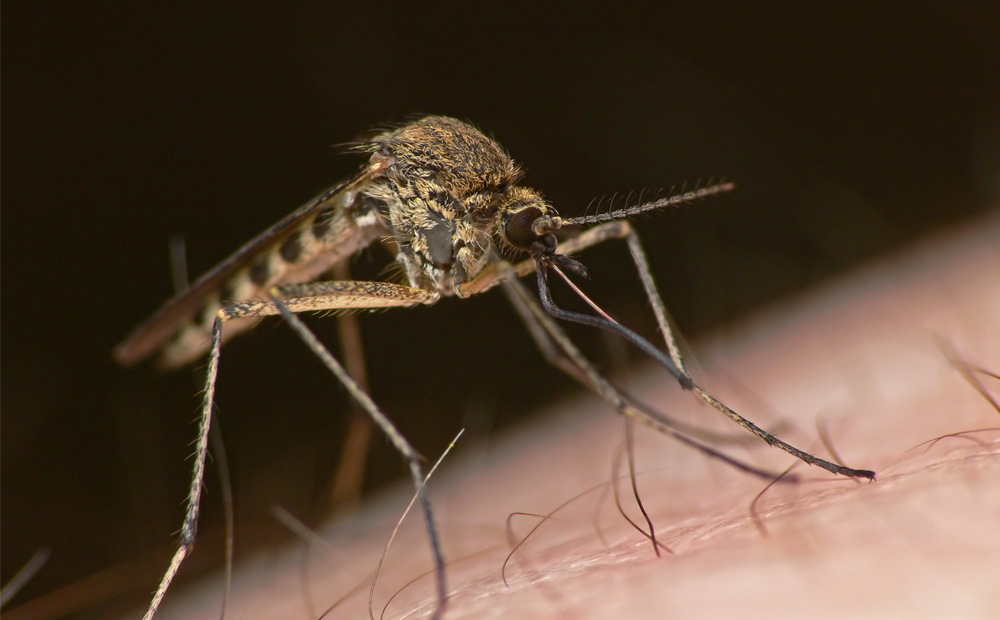
West Nile Virus
West Nile virus (WNV) is transmitted by mosquito bites. Even if symptoms resemble the flu, WNV must be taken seriously since it can cause severe illness in humans.
Our team uses mosquito traps to study the geographic and seasonal incidence of the vector species as well as their viral activity.
This information allows public-health agents to intervene at the right place and time to control disease-carrying mosquitoes.

Lyme Disease
Lyme disease is caused by an infection of bacteria called Borrelia. These bacteria are transmitted to humans by its main vector, black-legged ticks—also known as deer ticks, since they are frequently found on deer.
Our experts know how to carry out passive and active surveillance of tick activity, and results allow us to create an analysis map of sectors at risk within the study.

Eastern equine encephalitis
Eastern equine encephalitis, or EEE, is a disease caused by a mosquito-borne virus. Molecular analysis is conducted in our lab in order to document the presence of the virus within mosquito populations.
Our team of microbiologist experts follow all the protocols to detect the presence of the virus.

Zika
The Zika virus—spread by Aedes aegypti and Aedes albopictus—is making headlines more and more. This new and little-understood virus is in the crosshairs of our experts, and we are following the disease’s progression across North America.
We’ve put a Zika virus-detection protocol into place that’s certified by the Canadian National Microbiology Laboratory.

Case study
Waterloo
Since 2003 the Region of Waterloo has adopted the concept of integrated professional services for the surveillance and control of mosquito vectors...
Read more